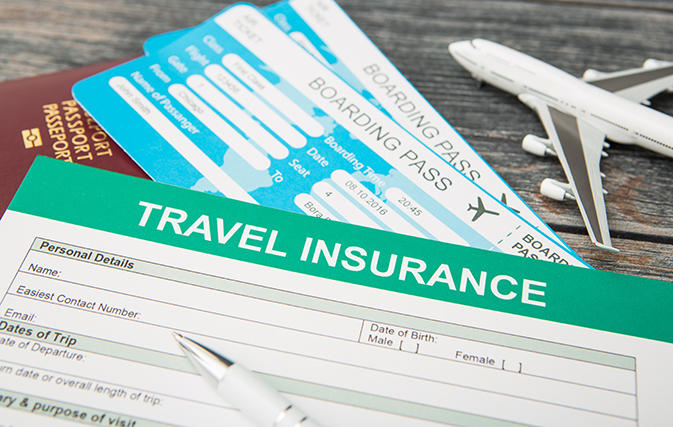TORONTO — With March Break just around the corner, Allianz Global Assistance Canada is sounding the alarm on vacationers who travel without insurance. Because that broken ankle on a Florida vacation, resulting in hospital bills that could cost US$45,000 or more, isn’t going to pay for itself.
Even the federal government has advised that all Canadians travelling during March Break should purchase travel insurance.
Travel agents are well-versed about the risks of travelling without insurance, but often clients think they know better.
As Dan Keon, Vice President, Market Management for Allianz Global Assistance Canada points out, a broken ankle requiring surgery in Orlando could cost a family $45,000 in hospital bills and other costs.
“In Puerto Vallarta, Mexico, a broken arm requiring surgery and a two-day hospital stay could average $32,800,” says Keon.
A family member accompanying injured or ill loved one could face extra costs on hotels and rebooking flights.
And as Keon points out, March Break is not a flexible travel period as the kids are off school for just one week, so trip cancellation insurance is another important consideration.
That broken ankle could add up to a bill of more than $11,470 with a hospital stay of 2.5 days in The Bahamas. In Cuba, the average cost of a broken leg is $3,835 with a hospital stay of eight days. And a hip fracture in the D.R. could also be financially devastating, says Keon, with an average cost of $43,500.
These costs aren’t pulled from thin air – they’re averages based on the claims administered by Allianz Global Assistance Canada.
On Feb. 11 the federal government highlighted the importance of safe travel especially during March Break: “Everyone, including healthy Canadians, should purchase the best travel insurance they can afford. Travel insurance should include health, life and disability coverage that will help travellers avoid incurring major expenses, such as the cost of hospitalization or medical treatment outside Canada.”
The full advisory is at canada.ca/en/global-affairs/news/2019/02/advice-for-canadian-travellers-spring-break.html.
“It’s not just the straight medical costs that people need to be aware of,” says Keon. “It’s also the additional expenses that may be unavoidable if a family member has to stay in the destination longer with a loved one who has been hospitalized or can’t immediately travel due to an injury.”
He adds: “Extra nights in a hotel for the accompanying family member, additional meals, and having to rebook flights are expenses most people don’t consider. These, and other out-of-pocket expenses may be covered by medical, trip cancellation and interruption insurance, and help to offset significant financial losses.”
Since March Break is a holiday dependent on the kids being out of school, there is often no flexibility on the dates, so trip cancellation and trip interruption insurance can be equally as important as having travel medical insurance.
“If an unexpected, covered event happens to you or a travel companion that forces you to cancel plans before heading out, trip cancellation insurance becomes a needed benefit for everyone, particularly for March Break which is a set vacation period,” says Keon. “Canadians spend an average of $2,573 on vacations each year, which makes travel one of the single largest annual purchases for an average household.
“Adding unexpected medical expenses, extra hotel nights, unplanned meals and rebooked flights to that, can be financially devastating. It just makes sense to budget the relatively inexpensive cost of insurance into your vacation plans.
“We recommend travellers speak with their travel advisor or insurance broker to understand the full range of benefits travel insurance can offer, even for a short March Break getaway.”

